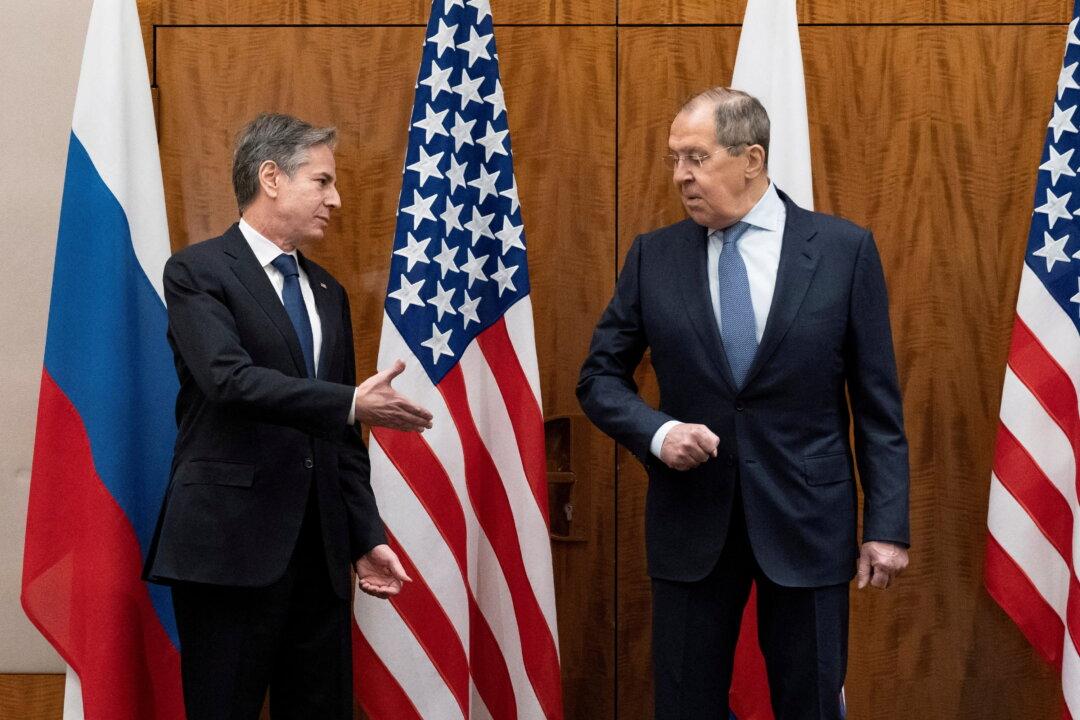Moscow threatened to ignore the oil price cap set by the West and said that Russia will continue to charge buyers regular prices, or they cut them off.
The Russian government would not follow the cap level that the European Union (EU) and the G-7 has proposed on Russian oil prices since and would prefer to deal with buyers directly, said Russian Foreign Minister Sergei Lavrov, at a press conference on Dec. 1, reported Tass, the state news agency.
“We have no interest in what the price cap will be. We will reach direct agreements with our partners. The partners working with us will disregard these caps and will give no guarantees to those who impose such caps illegally,” Lavrov said.Members of the G-7 have agreed to impose a price cap on Russian oil in attempt to punish the country financially for its invasion of Ukraine, while still allowing enough oil onto the market, but there is no agreement yet on the cap level.





